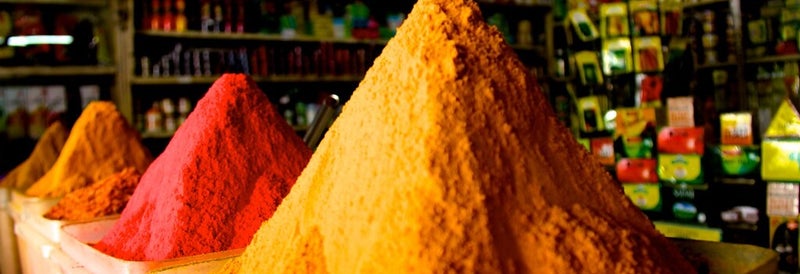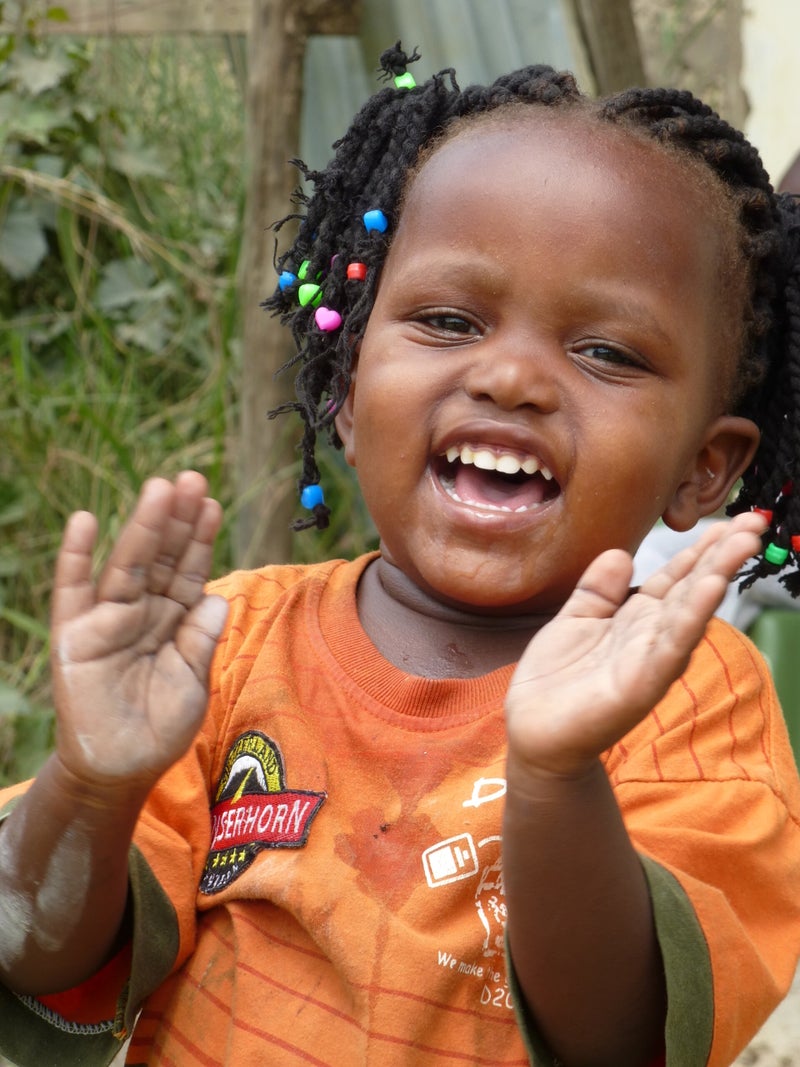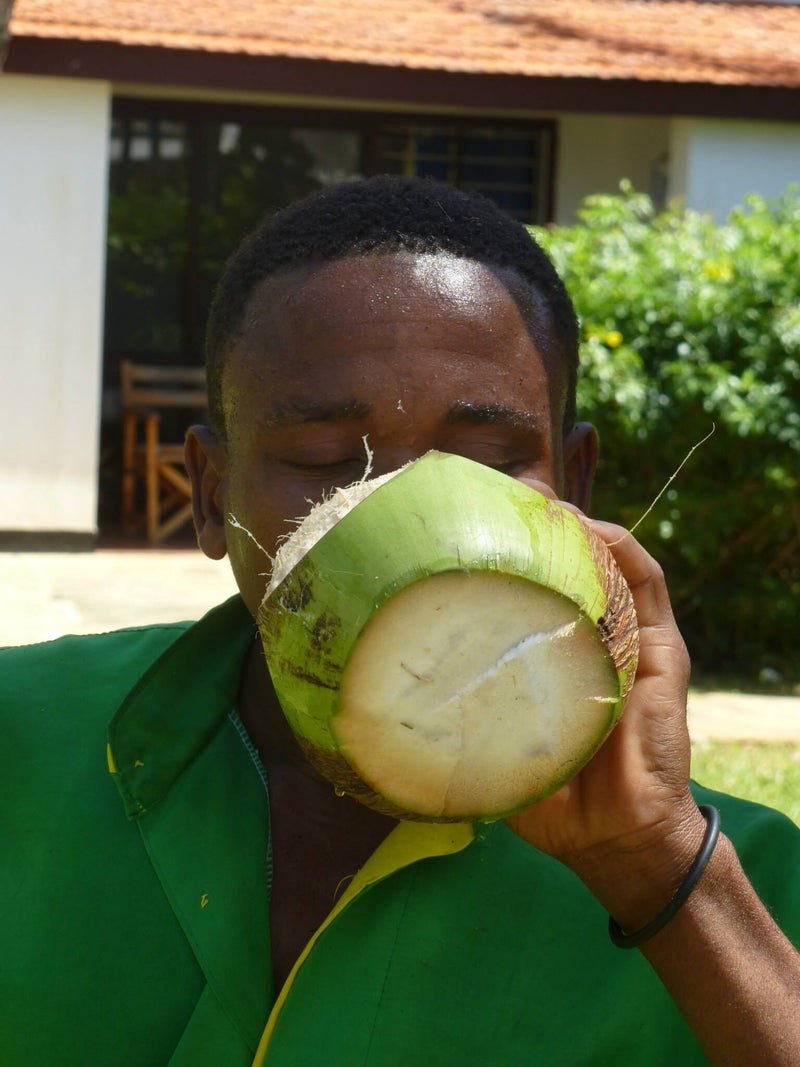Traveling Kenya
Kenya covers an area of 580,367 sq km and with a population of more than 47.6 million people this is 81 per Sq Km. Kenya's capital and largest city is Nairobi (which is home to Kibera, one of the world's largest slums), while its oldest city and first capital is the coastal city of Mombasa, with it's international port. Kisumu City is the third largest city and also an inland port on Lake Victoria. Other important urban centres include Nakuru and Eldoret. As of 2020, Kenya is the third largest economy in sub-Saharan Africa after Nigeria and South Africa. Kenya is bordered by South Sudan to the northwest, Ethiopia to the north, Somalia to the east, Uganda to the west, Tanzania to the south, and the Indian Ocean to the southeast. Kenya was first colonized by the Portugese and from 1888 until 1962 by the British.

Travel Tips Kenya

Food
Kenyan cuisine is rich in ethnic diversity. Popular foods include Ugali (thick porridge like dish made or maize flower), rice, bread, chapatti (similar to a pancake), beef, chicken, goat, tilapia and an assortment of fresh vegetables and fruits. Tea is a common beverage in Kenya and regularly very sweet with milk.
Visa
To enter Kenya you need a visa which costs 50 USD. The only way is to apply for the visa online at: http://evisa.go.ke/evisa.html .
Language
English and Swahili; other tribal languages also spoken. Most people of the younger generation and people in the cities speak very good English as the primary schools teach in English.
*Check out the Swahili vocabulary list below!
Phone and internet
There are multiple providers to use when in Kenya, the most common ones are Airtel and Safaricom. Buy a Sim card for 5 Euro and top it up with 10 Euros and at least you are able to call, be reached and use internet when in need!
Transport
In Kenya all traffic drives on the left side of the road. Public transport consists of taxi's, motorbikes (called boda boda or piki piki) and small vans called matatu's. Matatu's as well as boda boda are very cheap, a distance of 100KM with a matatu can be as cheap as 5 Euro.
Accomodation
Accomodation in Kenya can vary from a tent in the wildernes or a youth hostel to 5 star hotels in the city or game reserve. When you expect accomodation similar to what you find in European cities, then expect to pay European prices. Although local guesthouses are perfect for an overnight stay starting at 10 Euro per night. Always check the bed and bathroom before you pay!
Currency
Kenyan Shilling (100 KES is aprox 80 Euro Cents). A common way for Kenyans to pay is with Mpesa, an easy system to pay with your phone. Most cities and bigger towns have ATM's where you can withdraw up to KES 40.000 per day.
Tipping
Tipping in Kenya varies based on the service you receive. Tip around 10% in restaurants and a hundred shillings (one-off) in hotels for cleaning staff and porters. If you’re taking a taxi, there is no need to tip, although rounding your fare up to the nearest 100 shillings is appreciated. Bargaining in markets is common.
Charity
As a lot of websites tell you to take candy or small gifts as pens to the local places you visit, we (at Zebra Tours & Safaris) are a bit hesitant on this subject. Of course it is kind hearted to give people and especially children something small like candy. Although you should always assess the sitiuation before taking out your gifts. Before you know it you have 10 candies and a whole village of children following you. If you want to help a local person it is better (in our opinion) to buy them a meal or a bag of rice or flower, depending on the situation.
Swahili vocabulary

Most people of the younger generation and people in the cities speak very good English as the primary schools teach in English. Children under 6 and the older generation speak moslty Swahili. To connect with people we provide a small vocubulary list of Swahili.
Friend: rafiki
Hello: jambo/ hujambo/ salama
How are you?: habari gani
Fine (response): nzuri
Goodbye: kwa heri/ kwa herini (more than one peson)
See you later: tutaonana
Nice to meet you: nafurahi kukuona
Goodnight: lala salama
Yes: ndiyo
No: hapana
Thank you: asante
Thank you very much: asante sana
Please: tafadhali
OK: sawa
Later: baadaye
Water: maji
Soda: soda
Beer: bia

Maak jouw eigen website met JouwWeb